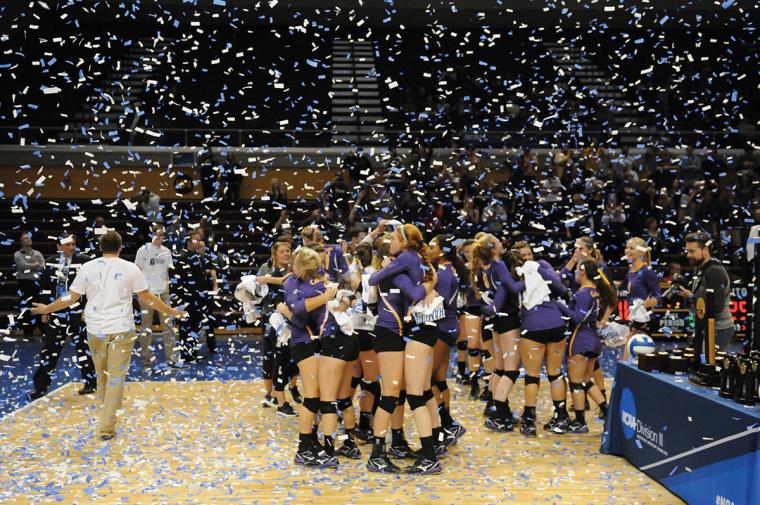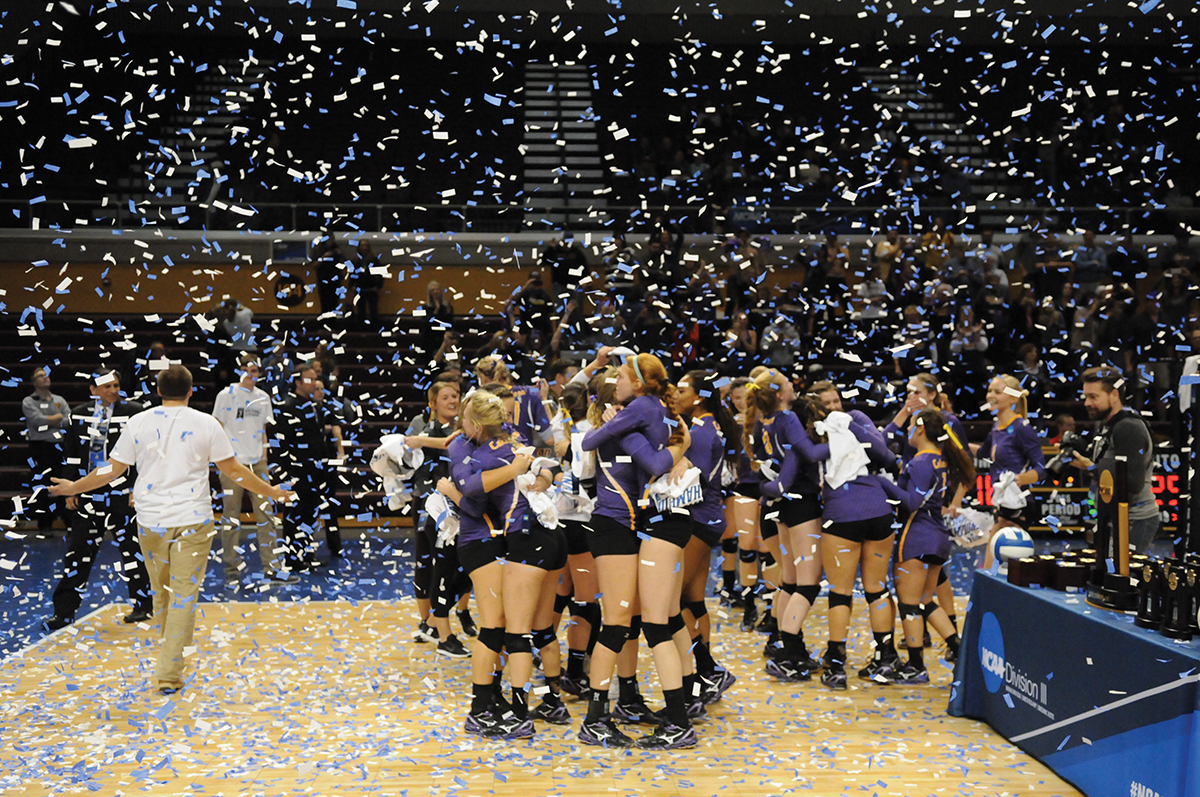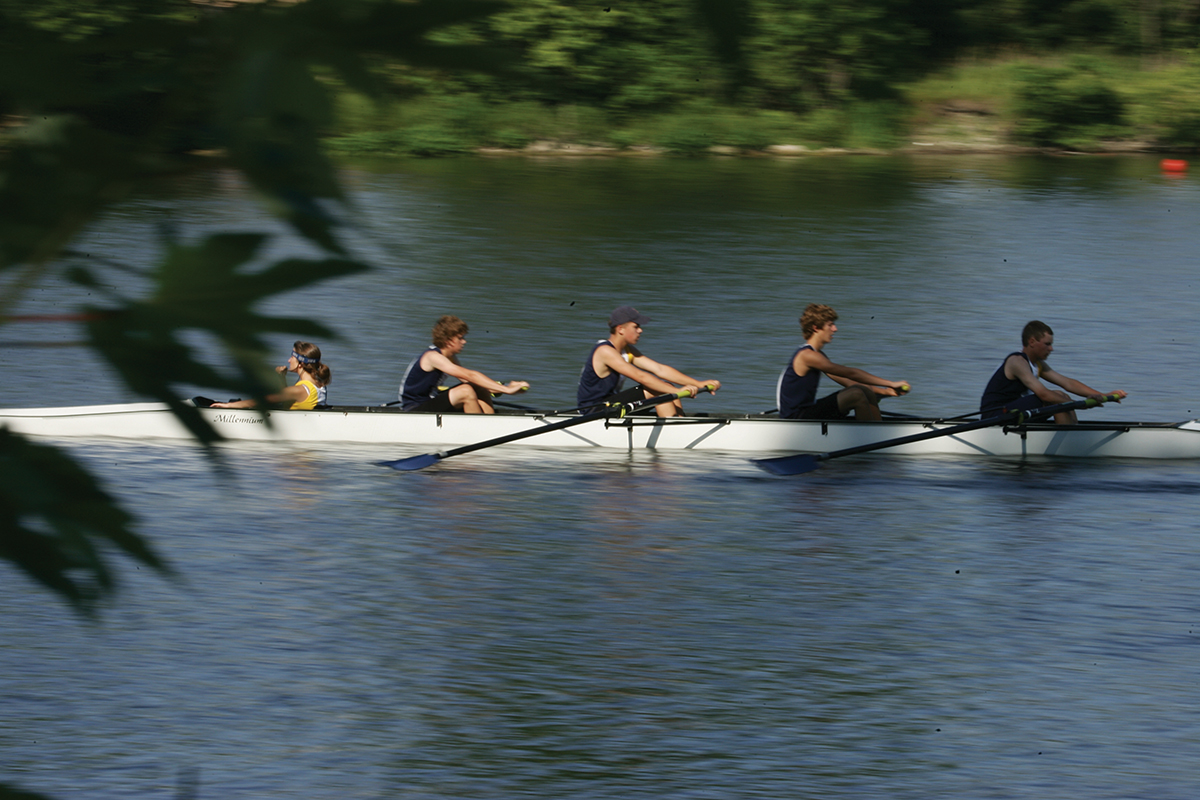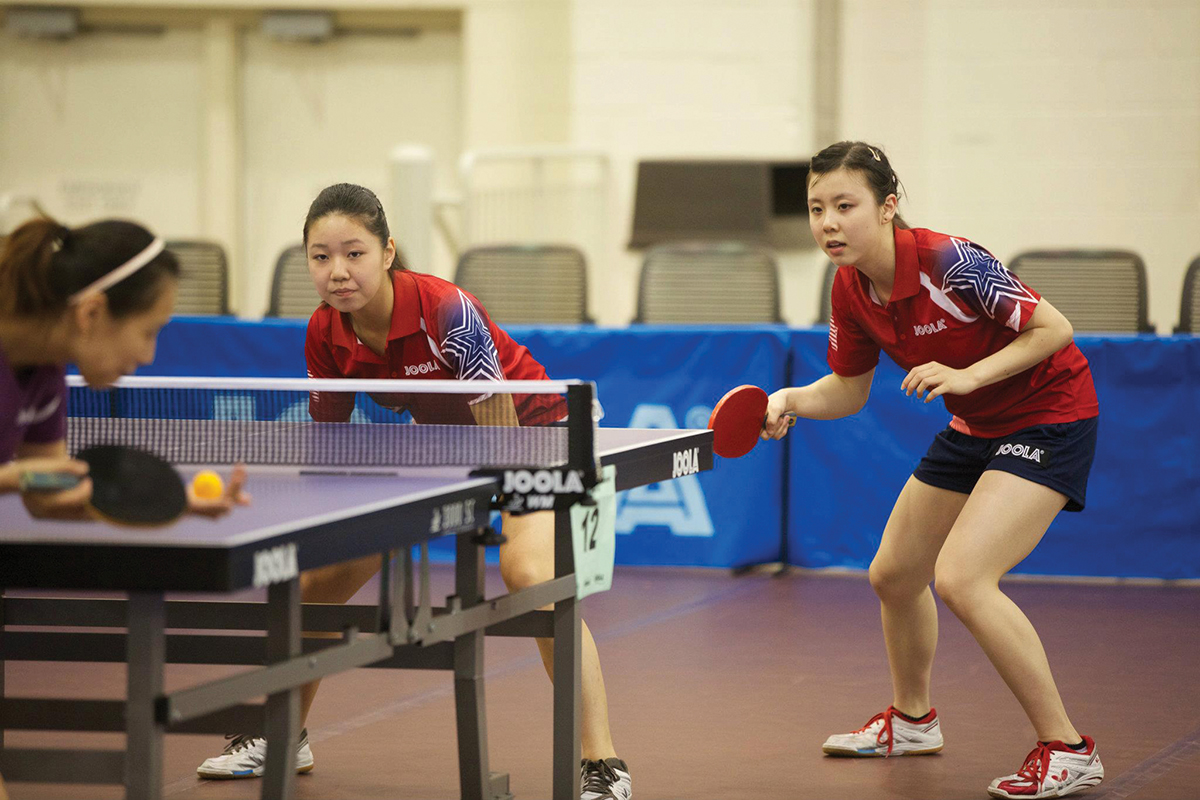

Destinations have the choice to bid on hosting a repeat event or pursuing new tournaments. There are many benefits to both sides when events return to the same host city – cost and time savings because a process is in place, better communication because both parties know each other, and the ability to generate more revenue. That said, it shouldn’t be assumed that destinations want to bring back every event they host.
Just like our household guests, there are certain characteristics that a host city appreciates when deciding which events it wants to return to its city. Event owners and rights holders will increase their odds of being invited back to destinations if they practice a few important principles – and if they work with their destinations to create a contract that will benefit both the host and themselves.
Crafting the contract
When we examine the process of bringing an event back, it’s important to remember that not all events are the same and that even a returning event may have some variables. Even a national collegiate sports tournament, such as NCAA, for example, may be returning to an area several years running, but depending upon the teams involved (which can vary each year), there may be more from the host state (even the host city) – and hotels will get significantly less business while the tournament is in town. For that reason (as well as many others), hotels may be reluctant to lock in any rates for the long-term.
 On the other hand, sports venues may find a long-term contract a very enticing prospect. They can look forward to the facility being in use at a certain time each year, with a certain number of athletes and spectators. Their vendors, such as concessions, parking facilities and more, also will be guaranteed a dependable amount of income. This gives you as an event owner a certain amount of leverage at the bargaining table when it comes to contract negotiations.
On the other hand, sports venues may find a long-term contract a very enticing prospect. They can look forward to the facility being in use at a certain time each year, with a certain number of athletes and spectators. Their vendors, such as concessions, parking facilities and more, also will be guaranteed a dependable amount of income. This gives you as an event owner a certain amount of leverage at the bargaining table when it comes to contract negotiations.
If your event has turned a profit, and has brought in good economic impact for the city, come prepared with those numbers when you go to negotiate the contract. You’ll be bargaining from a position of strength. (On the other hand, if your event had an off year, you may have to make some concessions in order to bring it back.) Contract negotiation is a give-and-take process, and neither party should take the other for granted.
Finally, being able to return to a specific city gives you a far better ability to create a financial plan. You know the costs of the area as well as those of transportation, meals and more. Your contract, as a result, will reflect a more dependable budget year after year. Not that there won’t be surprises – there certainly can be plenty of those – but you’ll have a better handle on the finances.
Ensure a return on investment.
Let’s face it – it’s a costly endeavor for sports commissions and DMOs to bid on and host sporting events. Destinations are asked more and more to ‘throw in’ items, including facility rentals, staff hotel rooms, concessions, etc. But nothing is really “free” – usually the host city pays for those items if they are included. If the host city is asked to be the fiduciary, the risk is even higher to host a new event since it needs to break even on costs at minimum, without having any room night history.
 What can you do as an event owner to financially incentivize a host city to invite you back? Look at your contract for the year for some clues. It is helpful if you can guarantee the hotel rooms you say you can fill – this spreads the financial benefit to a city’s hotels. Event owners also should be willing to sign a hotel attrition contract so that if you block a significant number of hotel rooms and fill less than a specified percentage, you will pay a portion of the unused rooms. That guarantees hotels will make money and not be penalized for being a good partner by setting aside room blocks. However, if you don’t want to sign an attrition contract, be conservative with your requested number of hotel rooms.
What can you do as an event owner to financially incentivize a host city to invite you back? Look at your contract for the year for some clues. It is helpful if you can guarantee the hotel rooms you say you can fill – this spreads the financial benefit to a city’s hotels. Event owners also should be willing to sign a hotel attrition contract so that if you block a significant number of hotel rooms and fill less than a specified percentage, you will pay a portion of the unused rooms. That guarantees hotels will make money and not be penalized for being a good partner by setting aside room blocks. However, if you don’t want to sign an attrition contract, be conservative with your requested number of hotel rooms.
You may also opt to lock in the larger number of rooms initially, but to release them back to the hotel after a certain date, so that the hotel can re-sell them at its own rate. (If you have negotiated a lower rate for your athletes, you may be able to get the hotel to continue according that rate to athletes who register after the room release date – as long as the hotel still has rooms available.) That is a compromise many event owners may wish to consider when they are considering a long-term contractual relationship.
Another way event owners can assist DMOs financially is by sharing economic impact data from previous years in other host cities, as well as contacts so the bidding host city can learn firsthand how the event worked financially. The National Association of Sports Commissions did this before we hosted the 24th NASC Sports Event Symposium in Grand Rapids in 2016, providing economic impact data to us from the previous three years.
In the end, the more a host city and its local partners benefit financially from an event, the more likely the host city will bid on its return. When the Grand Rapids Rowing Association was the fiduciary for the 2014 USRowing Masters National Championships, it was able to pay off a remaining bank note on its boat house thanks to accurate budgeting, local partnerships and sponsor support that boosted event proceeds. The association was thrilled, and Grand Rapids is bringing back the rowing event in 2019. We also had a positive repeat event experience with USA Table Tennis, in which Grand Rapids hosted the USATT US Open for three years. The West Michigan Sports Commission was the fiduciary and was able to raise enough funds each time for the players to have a significant purse, which in turn enticed more international players to register. That’s a win for everyone.
Be a great partner.
It may go without saying, but a good partnership helps ensure a repeat invitation to a host city, and can result in that much-desired long-term contract. What makes a good partner? Several factors – sometimes starting simply with being realistic about what you are asking of your host city. Keep in mind that most sports commissions and DMOs are non-profits – so while they can give some perks, it usually comes out of their bottom line. Perhaps identify your needs as “must-haves” and “nice-to-haves.” Also, be flexible with your requests, because each host city is different. What the previous year’s host city could provide might look quite different to another city.
Part of being a great partner is reaching out to establish a relationship with a prospective host city where possible. The West Michigan Sports Commission experienced this with USA Table Tennis, meeting the CEO at an industry conference in advance. When we personally know the event owners, that makes a big difference in mutual communication of what makes the event successful and what we can do as a host city. And those relationships and partnerships can last through job changes – for example, the CEO of USA Table Tennis is now with USA Team Handball, and we’re in conversations about bringing one of their events to Grand Rapids.
And relationship-building goes both ways. Host cities can do more to ensure a good relationship with event owners. For example, sometimes we opt to give a stronger financial package to entice an event we have never hosted to our city so that the rights holder will want to return for future events. We did this with USA Weightlifting so it would bring its Nike 2017 American Open Series to Grand Rapids this September (USA Weightlifting’s first tournament in Michigan), and the organization already asked if we’d bid on the 2018 tournament. Or perhaps it’s a unique event offering that the host city can provide. Since Grand Rapids is known as “Beer City,” we built in a Beer Regatta USA craft beer garden for the 2014 USRowing Masters National Championships, complete with a custom, hand-crafted beer for the event – “The Lawn Rower” – the rowers loved it so much that USRowing required a craft beer garden in future bids.
Communicate early and often.
This goes hand in hand with being a good partner and is certainly one of the most important parts of successfully crafting a contract. It is hard to overstate the importance of good communication – it can make or break the success of a sports event. Often, a challenge can occur because an event owner knows the event so well yet forgets to relay the needs to the host city (or fails to relay those needs early enough). Sports commissions are here to help, but if the people you’re working with don’t know what you need or have complete information, they can’t help as effectively. And that can be everything from communicating volunteer needs, to providing content for an event program so it can be printed on time and in the hands of spectators and the media.
As simple as it sounds, one effective communication tactic is to schedule regular planning meetings. Our smoothest-run events were those where we held regular meetings with all the respective players, allowing us to ask real-time questions, troubleshoot items, and minimize the chance for miscommunication. We had exceptionally positive experiences with the staff of USRowing, NASC and NCAA – all of which held conference calls every other week to plan their respective events. This also reduced the number of emails since many items could be resolved when all the parties were together. One service we have especially found useful is BlueJeans video conferencing, where people can join video meetings from their laptops, room systems, mobile devices or phones. Never overlook the importance of face-to-face communication when a long-term contract – and a long-term relationship – is at stake.
One way a host city can understand expectations is by attending an event you’re hosting the year prior so you can learn what to anticipate. We do this regularly at the West Michigan Sports Commission – traveling to the events we will host in the next year, talking to and meeting with host city representatives, event owners and others on site to learn about the event and its needs.
At the end of the day, we all want the same thing – a well-run, prestigious and profitable sporting event. We need a contract to get that process started, but we need to back up the contract with the kind of relationship that makes both sides happy to be business partners. If you can remember basic rules of being a good house guest and think of your event as you would a visit to someone’s home, your proactive communication, strong partnership and share in the financial success all will be great assets to assure a return invitation. SDM

